Hi! Our privacy policy explains how we use your data and cookies. By continuing to browse the site, you're agreeing to our use of cookies.
Sugar Rush
Does Added Sugar Sneak Past Food Labels?
- Matt WrightMay 21, 2018
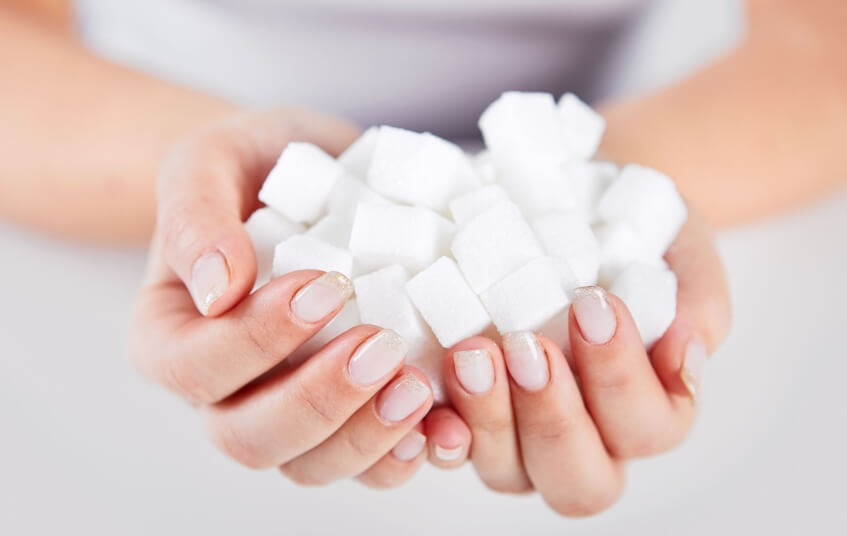
Share
Are you confused about sugar? Free sugars, added sugars, total sugars! What does it all mean?
Food ingredient listing laws require manufacturers to declare the carbohydrate, sugar and fat content of their products but if you are anything like me you may find this at best confusing and at worst utterly nonsensical!
Currently there is a movement by Governments around the world focused on the ‘added’ sugar present in so many processed foods and soft drinks, with sugar largely proclaimed as a major contributory factor to the obesity epidemic in the West.
Jamie Oliver ran his ‘Sugar Rush’ campaign that recommended a super tax on foods and drinks high in added sugar. The message enforced that we read the labels carefully before buying ingredients particularly for our children with a particular eye out for added sugar.
The UK Government have now applied this tax on soft drinks in an attempt to curb the trend amongst the nation’s childhood obesity levels, type 2 diabetes and tooth decay.
Sugar labeling confusion
Many products on our supermarket shelves have hidden ingredients that may have a bad influence on our health and the health of our children.
Food labeling laws currently do not require companies to distinguish between added sugar and naturally occurring sugars which places the concerned parent/individual wanting to take the advice about added sugars at a disadvantage.
Which sugars are the real culprits?
Research into food composition data, which is the analysis our Governments produce of the nutrient content of ingredients, it is easy to see the products with the highest added sugars.
The top ten are all as might be expected soft drinks and confectionery with boiled sweets topping the chart with a hefty 43g of added sugar per average portion (50g). These are closely followed by cola, chocolate and the more recent addition to supermarket shelves – energy drinks.
A closer look at the data also reveals some less obvious added sugar ingredients; baked beans for example have nearly 10 grams of added sugar per 200g portion (half a can). Two slices of white bread will give you nearly 4 grams of added sugar and if you add a portion of sweet pickle this goes up to nearer 7 grams for a cheese and pickle sandwich.
A portion of an average breakfast cereal of 30g can give as much as 12 additional grams of added sugar!
An ordinary pot of plain yogurt can contain 5 grams of added sugar along with 7 grams of naturally occurring sugar in the form of lactose.
This all mounts up when you consider the UK Government’s Scientific Advisory Committee on Nutrition’s (SACN) advice of not more than 24g per day of added sugar for children and 30g per day for adults. The World Health Organisation recommends that twice this amount should be our total sugar intake including both added and natural.
General guidelines
Sugar is a vital energy source particularly for our brains, however added sugars that are not in their natural state can contribute to excessive weight gain due to the way they are digested and the traditional effect of tooth decay.
A general guideline is that products that contain a high amount of sugar without a good amount of fruit, honey, onions, or natural milk in them, is likely to be ‘added’ sugar.
Either way, supermarkets are at the behest of food manufacturers and their labelling guidelines and it is up to us to check the nutritional content of our food.
How do you check how much sugar you're getting?
Well, you need to keep a food diary to really know whats going on. Start keeping a food diary now, it's free!
Checkyourfood Added Sugars
Checkyourfood Natural Sugars
Checkyourfood Total Sugars

Matt Wright
Director - Nutrient expert, researcher & data miner
I am responsible for the scientific research and data oversight at the CheckYourFood Group. A great journey of discovery for me as I uncover the myriad of goodness that natural food contains and facilitate others to promote health and wellbeing.
Love this? Get blogs and more in your inbox
Subscribe to receive our blogs plus each weeks featured ingredient, recipe and nutrient in your inbox
SUBSCRIBE
Thank you for registering
Search
Recent Posts
Tags
- added sugar
- alkaline
- alzheimer’s
- amino acids
- anti-inflammatory
- antioxidants
- beta carotene
- biotin
- black pepper
- blood pressure
- boil
- brocolli
- calcium
- calorie
- calories
- cancer
- capsaicin
- carbohydrate
- carotenoids
- chicken recipes
- chocolate
- cholesterol
- choline
- christmas
- clean eating
- coenzyme q10
- copper
- covid-19
- curry
- dementia
- detox
- diabetes
- diet
- easter
- endurance
- energy
- equinox
- fat
- fats
- fatty acids
- fibre
- fish
- flavonoid
- folate
- food battles
- food diary
- food tracker
- fruit
- gut health
- halloween
- health
- health goals
- heart disease
- high fructose corn syrup
- ibs
- immune system
- in season
- iodine
- iron
- kids yogurt
- life
- lipoic acid
- liver
- low carb
- lutein and zeaxanthin
- lycopene
- macronutrients
- magnesium
- manganese
- medicine
- mental health
- micronutrients
- microwave
- minerals
- myricetin
- natural sugar
- niacin
- nutrition
- obesity
- olive oil
- omega 3
- omega 6
- organic
- pantothenic acid
- phenylalanine
- phosphorus
- phytochemicals
- phytosterols
- pizza
- polyphenols
- potassium
- pregnancy
- probiotic
- protein
- quercetin
- rda
- recipe
- red wine
- resveratrol
- retention
- riboflavin
- saturated fat
- selenium
- seniors
- soup
- spice
- steam
- stress
- stroke
- sugar
- sugar free yogurt
- superfood
- supplements
- teaching
- thanksgiving
- thiamin
- thyroid
- tomatoes
- turmeric
- veg
- vegan
- vegetables
- virus
- vision
- vitamin a
- vitamin b12
- vitamin b6
- vitamin c
- vitamin d
- vitamin e
- vitamin k
- vitamins
- water
- weight loss
- weightloss
- yogurt
- zinc

The personalised nutrition platform for health hungry people

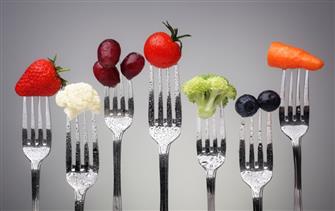 About nutrients
About nutrients
 All nutrients
All nutrients
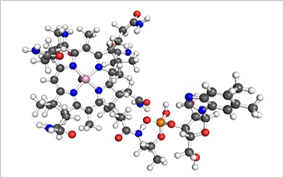 vitamins
vitamins
 minerals
minerals
 phytochemicals
phytochemicals
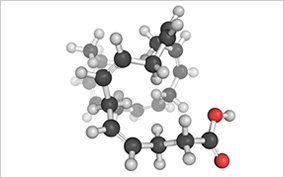 fatty acids
fatty acids
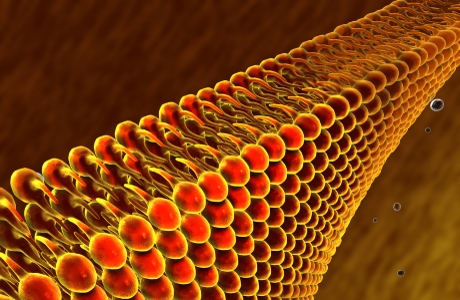 macronutrients
macronutrients
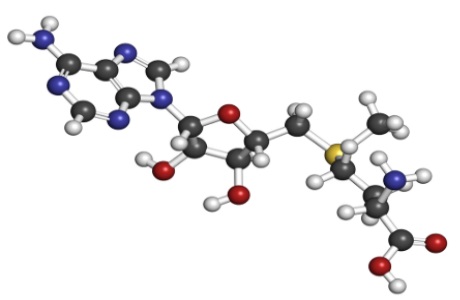 amino acids
amino acids


